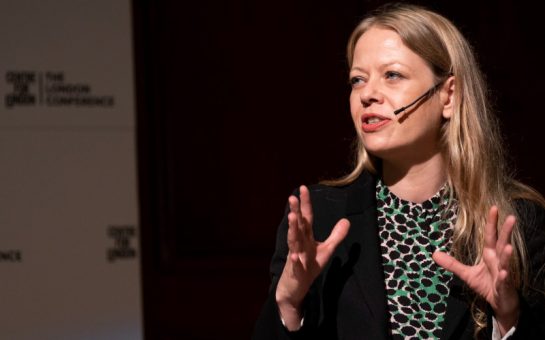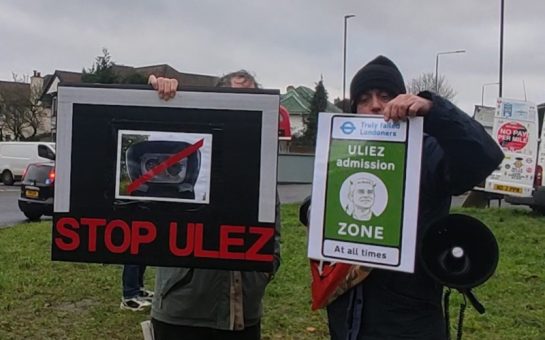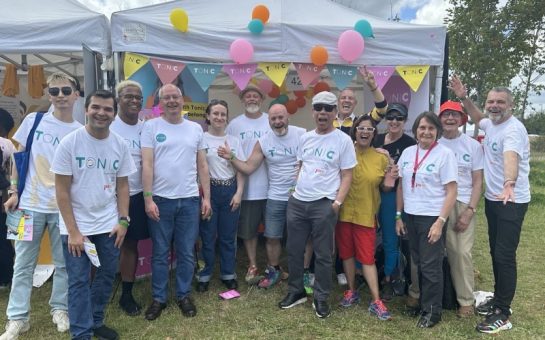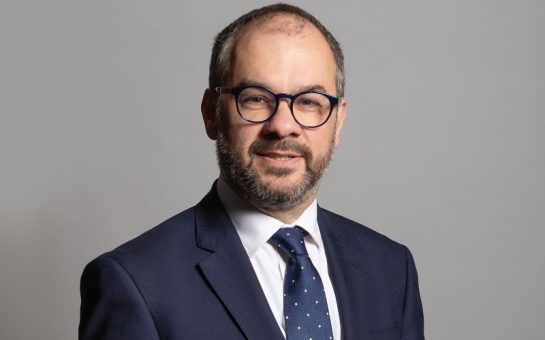London Assembly elections on May 6 are fast-approaching and the South West London debate was hosted and livestreamed this year by Riverside Radio.
Candidates from Labour, Conservative, Liberal Democrat and Green parties gave their views, manifestos and policy ideas on topics from the Hammersmith bridge, Coronavirus recovery, policing, young people and the economy, gentrification and housing, LGBTQIA+ hate crimes and air pollution.
Candidates made an opening statement for one minute and then spoke for two minutes apiece on questions submitted by constituents in the all-women panel hustings.
Leonie Cooper, Labour incumbent for Merton and Wandsworth, frequently praised previous collaboration with Liberal Democrats and Greens in the London Assembly and criticised Conservative central government u-turns and the “absolute nonsense” of the Conservative promise of 100,000 homes for £100,000 in the capital.
Cooper also said that with current London mayor Sadiq Khan they want an “Entrepreneurial, fun and future-facing policy for young people.”
She also highlighted that Labour and Sadiq Khan are standing for: “Prioritising Londoner’s health and saving Londoners money.”
Louise Calland, Conservative candidate for Merton and Wandsworth, promised a “solid fully-funded 3 point plan” for Hammersmith Bridge with Shaun Bailey.
This included bringing forward the ferry service to start in late summer, begin work on a temporary road bridge and get funding from an infrastructure bank to finish refurbishment on the existing bridge.
Other standout promises from the Tory candidate were to eliminate HIV transmission with the Terrence Higgins Trust by 2028 and work more towards the electrification of the bus fleet in London with Shaun Bailey.
Merton-based Liberal Democrat candidate Hina Bokhari outlined clear priorities for her party in her opening statement: “Job, homes, clean air – we are being let down on all three.”
She also mentioned that Lib Dems, with mayoral candidate Luisa Porritt, want to look at the potential to convert unused empty office space in central London into affordable housing to address the crisis in the capital.
Bokhari also stressed “what a difference it makes when communities are able to communicate with their police officers” when asked about numbers of police officers, cuts and front office closures.
She would scrap suspicionless stop and search to increase trust in police officers as currently black Londoners are 50 times more likely to be stopped.
She emphasised that fellow Lib Dem Councillor, Paul Kohler, who was attacked in his own home in 2014 during his campaign to save Wimbledon police station would have died without those police officers who attended.
On pollution issues, Bokhari wanted to create ten parks and have green roofs on all homes in London.
Green Party candidate Hannah Graham stood strong on air pollution, young people and mental health particularly post-lockdown.
She said in her opening statement that: “Londoners are crying out for a new start.”
On the questions of economic recovery and housing inequality the Greens, with candidate for mayor Sian Berry, called for a full public and judge-led enquiry into the handling of the pandemic and highlighted that the last year has exposed some of the worst gaps in our systems.
She argued for the right to co-op for private renters and community right-to-buy to help combat the housing crisis.
On the issue of rising incidents of LGBTQIA+ hate crime Graham said: “Everyone in London should be able to live a safe and fulfilling life, free from discrimination and hatred.”
Analysis of the all-female candidates’ comments followed shortly after from Stephen Menon from Riverside Radio, Tom Holmes from SWLondoner, Monica Charsley from Newsquest Local Titles and Marc Mayo who is a freelance political journalist and founder of the political podcast “Why Bother?”.




